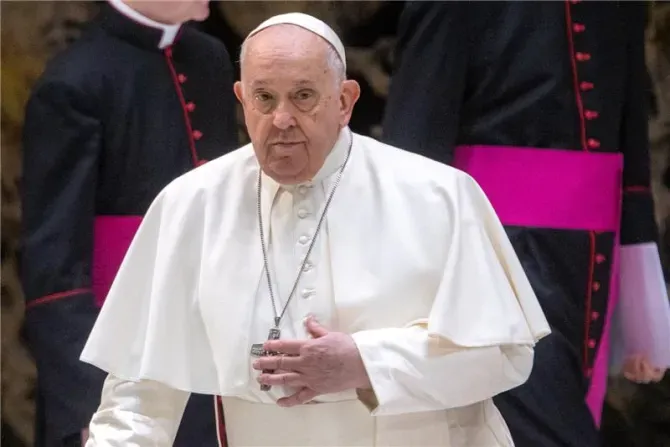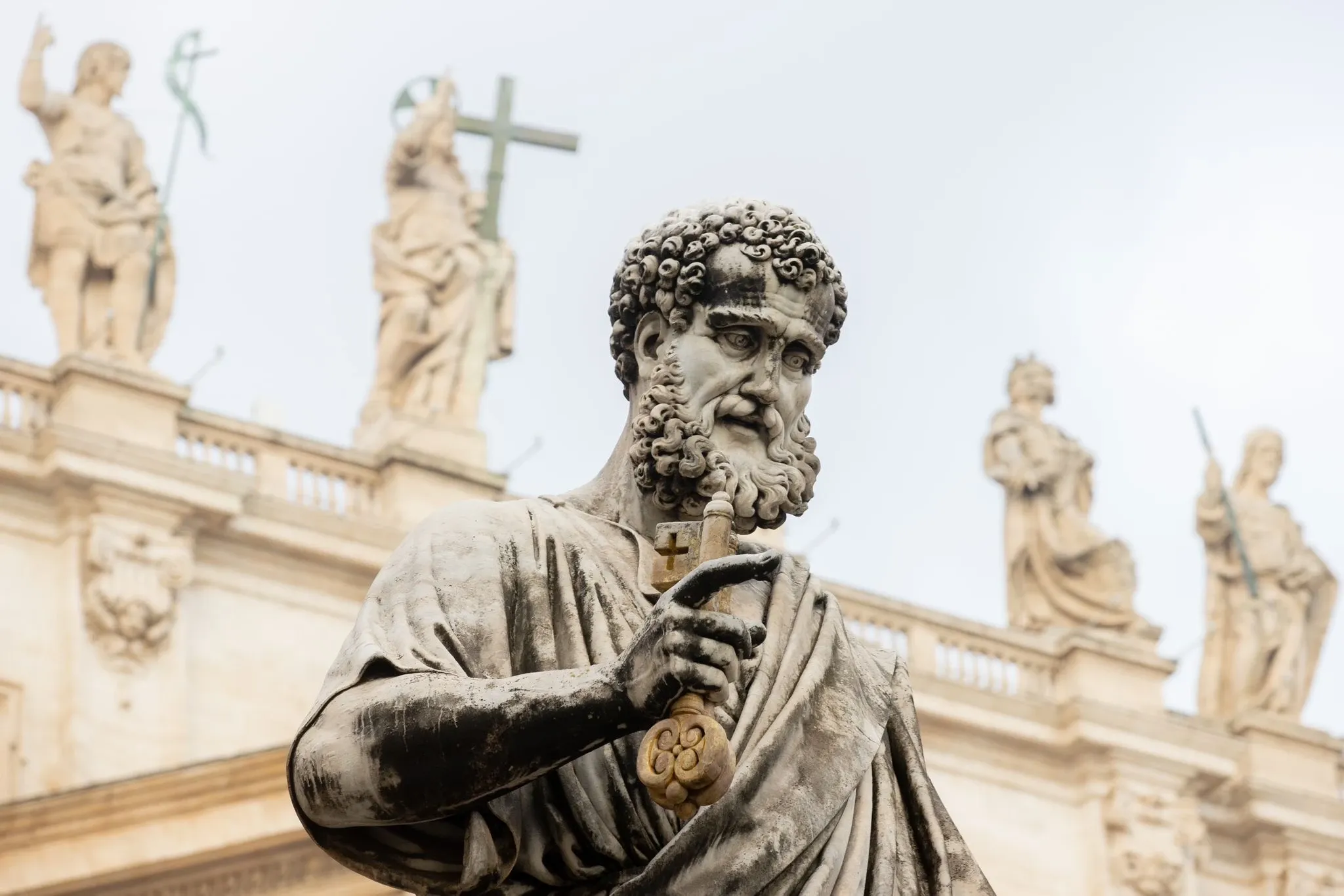“The council agreed about the need to listen, even and especially in individual Christian communities, to the feminine aspect of the Church, so that the processes of reflection and decision-making can enjoy the irreplaceable contribution of women,” the Vatican communique said.
The pope’s Council of Cardinals has been discussing the role of women in the Church since February 2022, when the cardinals heard and commented on a report by Pocher on the “Marian principle” in the Church.
Last week, Pope Francis spoke of the “Marian principle,” which theologians often contrast with the “Petrine principle,” in comments to the International Theological Commission on Nov. 30.
“Balthasar’s thought has brought me so much light,” Francis said. “The Petrine principle and the Marian principle. This can be debated, but the two principles are there. The Marian is more important than the Petrine because the Church is bride, the Church is woman, without being masculine.”
The pope also expressed disappointment that there are only five women among the 28 members of the International Theological Commission, whom he appoints, adding that “women have a capacity for theological reflection that is different to that of us men.”
“The Church is woman. And if we do not know what a woman is, what the theology of a woman is, we will never understand what the Church is,” he said.
“One of the great sins we have had is to ‘masculinize’ the Church. And this is not solved by the ministerial path; that is something else.”
The pope’s group of cardinal advisers — sometimes referred to as the C9 because of its nine members — was established by Pope Francis in 2013 to “assist him in the governance of the universal Church” as well as to revise the text of the 1988 apostolic constitution Pastor Bonus.
Pope Francis added five new members to the council in March: Synod on Synodality organizer Cardinal Jean-Claude Hollerich, Canadian Cardinal Gérald C. Lacroix, Brazilian Cardinal Sérgio da Rocha, Spanish Cardinal Juan José Omella Omella, and Cardinal Fernando Vérgez Alzaga, the president of the Governorate of Vatican City State.
U.S. Cardinal Seán O’Malley, Indian Cardinal Oswald Gracias, Congolese Cardinal Fridolin Ambongo Besungu, and Vatican Secretary of State Cardinal Pietro Parolin also took part in the Dec. 4–5 meeting at the Casa Santa Marta, the pope’s residence.








